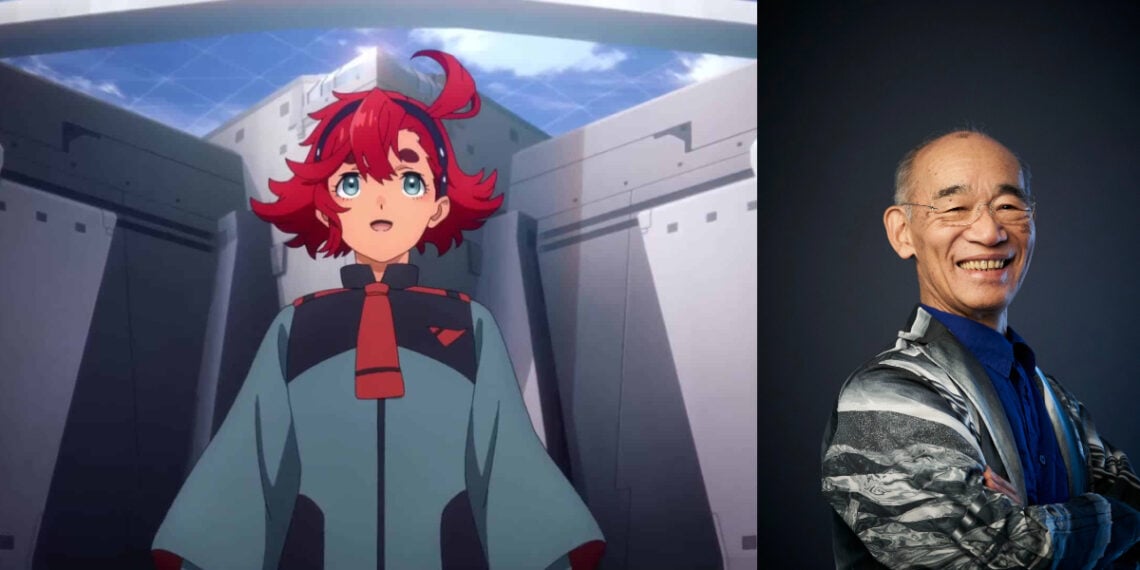Drawing on over 40 years of experience working freelance in anime, Tomino expressed gratitude for the industry’s current elevated status, recalling less respectful treatment in the past. He recounted animators formerly needing to explain their profession to skeptical tax officers.
However, looking ahead, Tomino predicted the anime boom may wane despite present prosperity. He proposed that maintaining quality content rather than pursuing profits could sustain success.
Still, Tomino allowed anime’s future to remain unclear even to veterans like himself. While appreciating recent strides, Tomino suggested anime’s economic ascent could prove temporary should creative motivations be overwhelmed by business interests.
Yet he conceded the industry’s course resists easy forecasting. In the end, Tomino counseled pursuing excellence over earnings as the surest path toward enduring achievement.
Yoshiyuki Tomino Thinks That Anime Industry Will Start Declining In The New Future
Drawing from over 40 years of working as an anime creator, Tomino fondly recalled the early days when the animation industry was not well understood or respected.
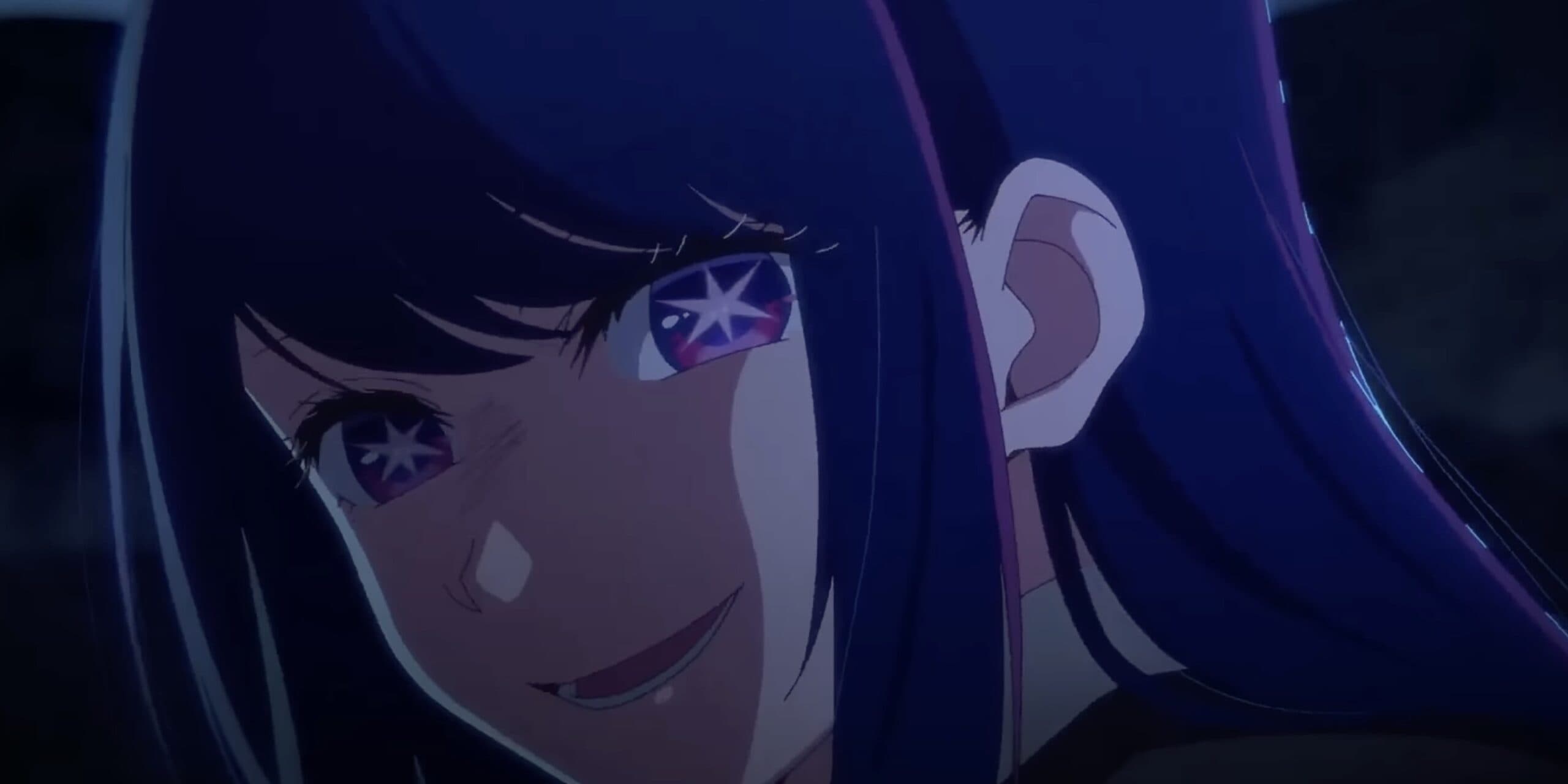
He said that in those freelancing years, making enough money to get by was a constant concern. He used to dread going to the tax office and having to explain the specifics of his unusual profession to skeptical officers.
At the time, it felt like his world revolved solely around animation storyboards and project deadlines. Tomino expressed gratitude that anime and its makers now receive much broader appreciation from society compared to past mistreatment.
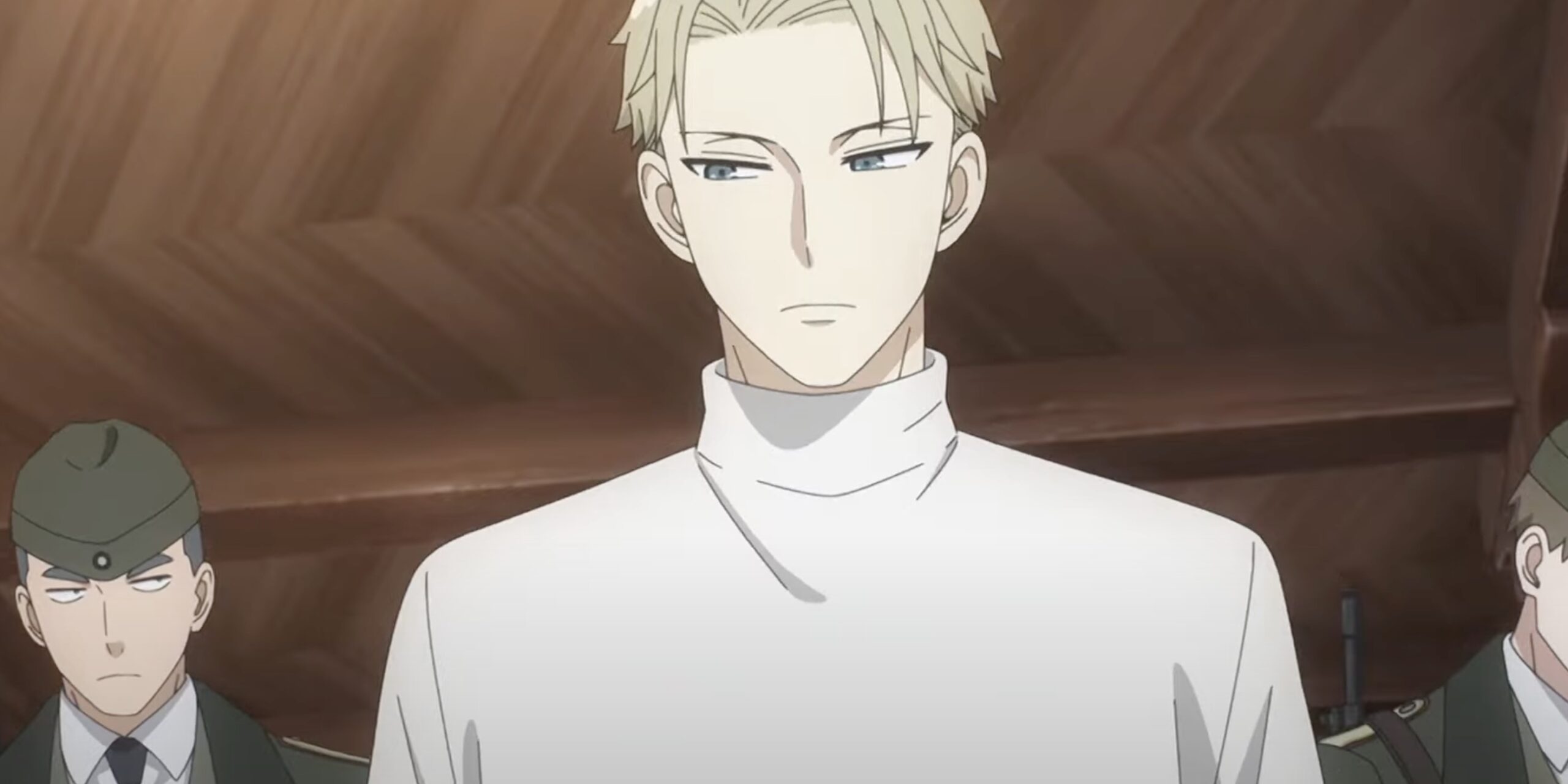
He said that tax staff no longer view him as peculiar when he submits returns. In that way, anime’s shift into mainstream popularity has been a very positive change.
Still, Tomino cautioned about extrapolating the current boom years too far into the future. As an industry veteran, he knows all waves eventually peak before receding.
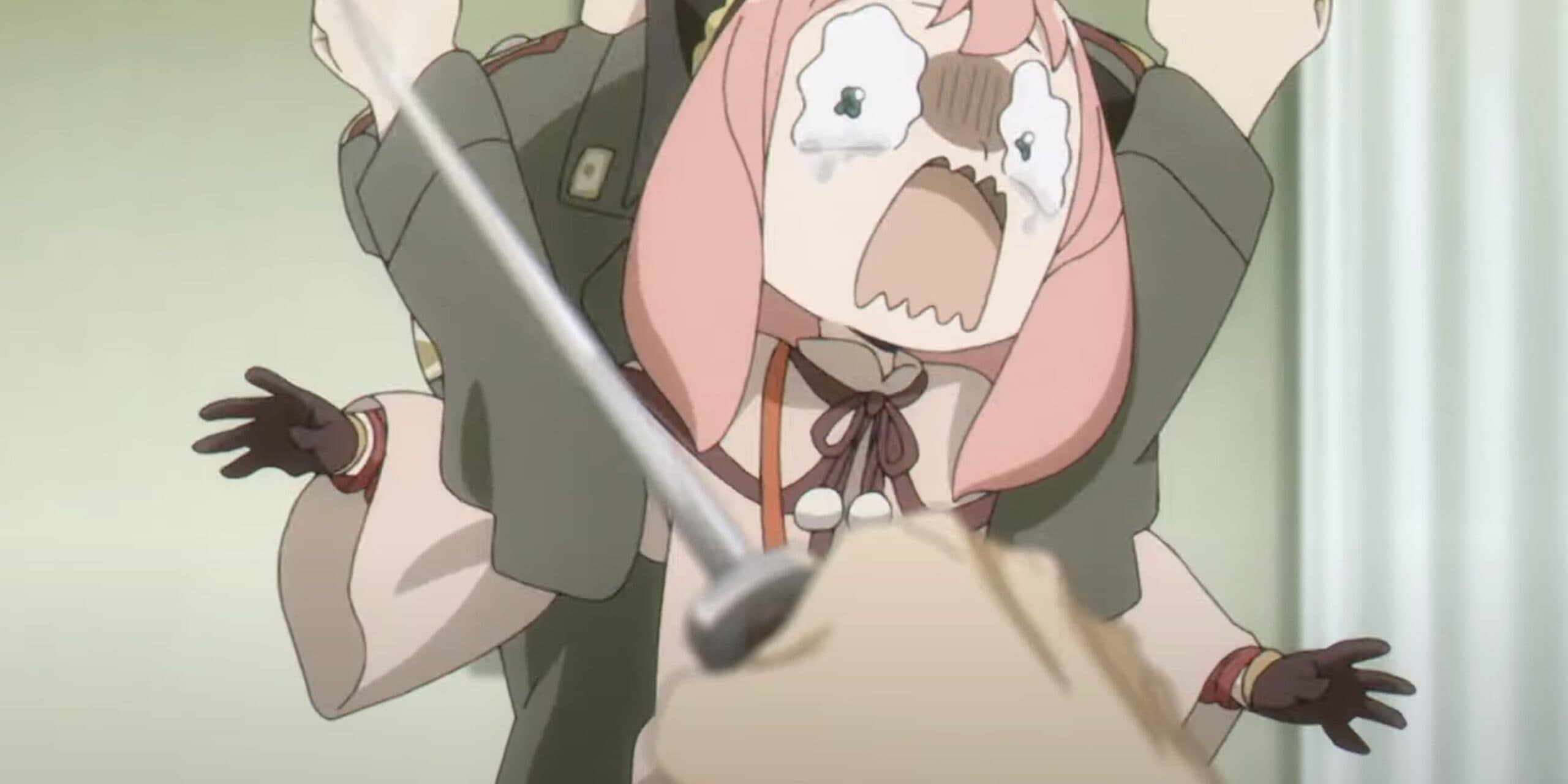
While anime presently rides high in popularity on the tides of manga, live actions, and streaming, no one can reliably predict how long that success might realistically continue.
As a respected elder, Tomino hopes the influx of newcomers focuses more on mastering the creative craft of storytelling, not solely pursuing commercial gains.
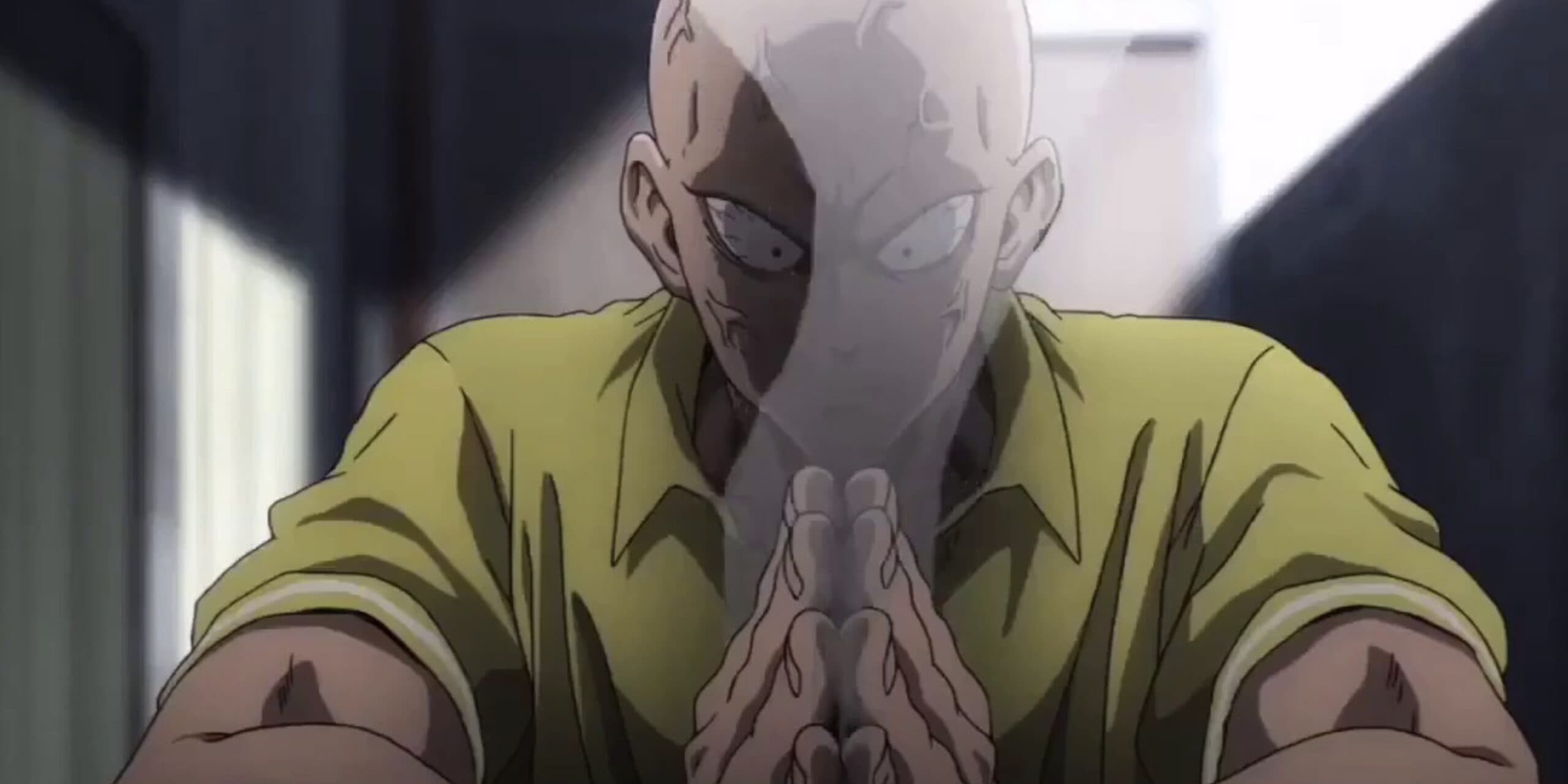
In his veteran view, true anime excellence rests not just on viewership figures and profits.
He said that while this golden age has uplifted careers and brought diverse new genres to global fans, veterans know such booms never endure forever.
Tomino expressed a wish that the founding spirit of artistry and passion that built the anime industry also inspire fresh young talent for decades to come.
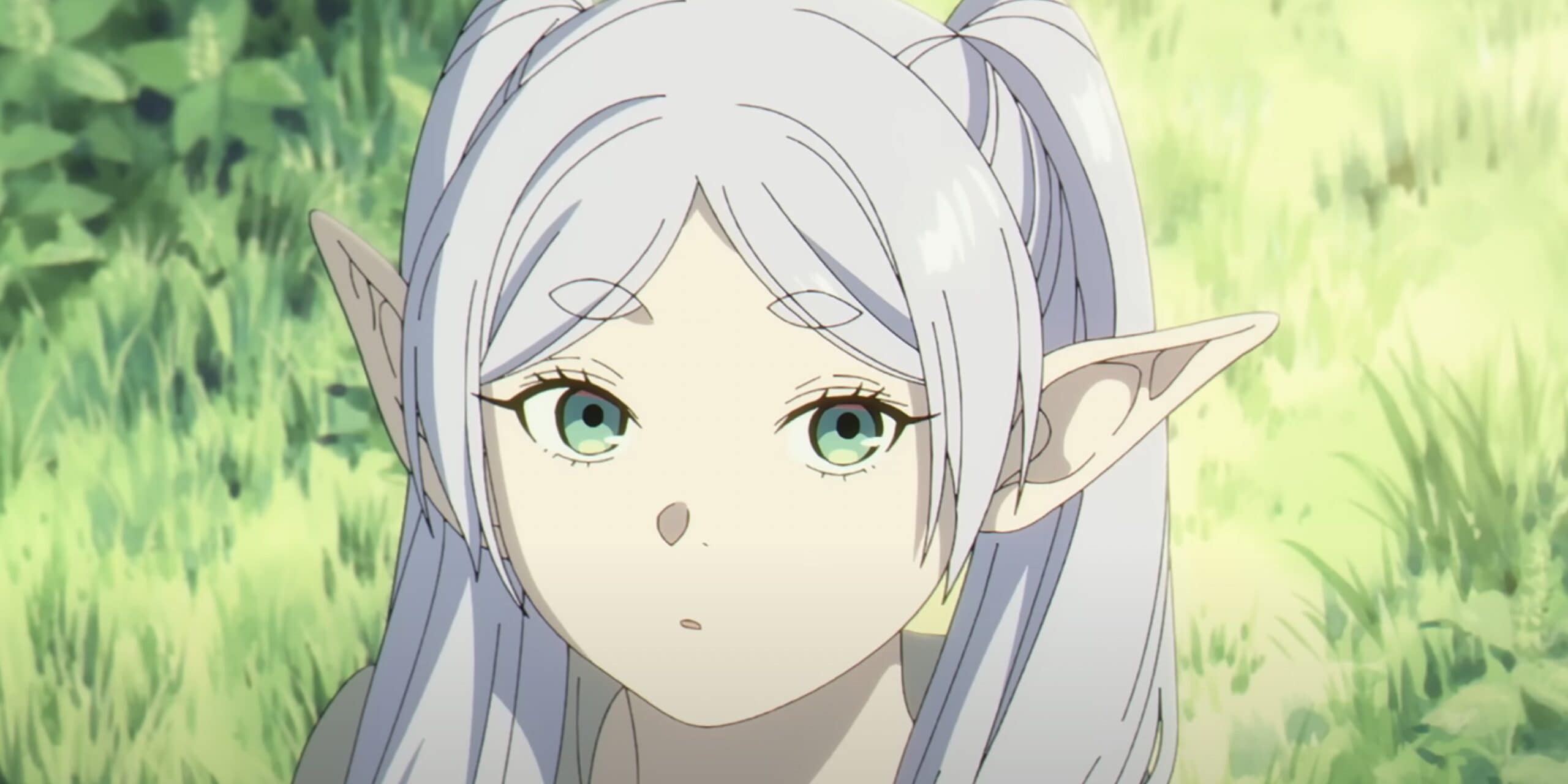
That legacy of creative spirit, he believes, shall enrich anime’s future.
Anime Cast Is Being Targeted By The Sensitive Fans
The intense passion that anime inspires in some fans has taken a disturbingly dark turn, as evidenced by recent threats of violence targeting acclaimed voice actress Yui Ishikawa.
Best known as the voice of Mikasa Ackerman in the hugely popular Attack on Titan series, Ishikawa found herself the obsession of at least one disturbed individual.
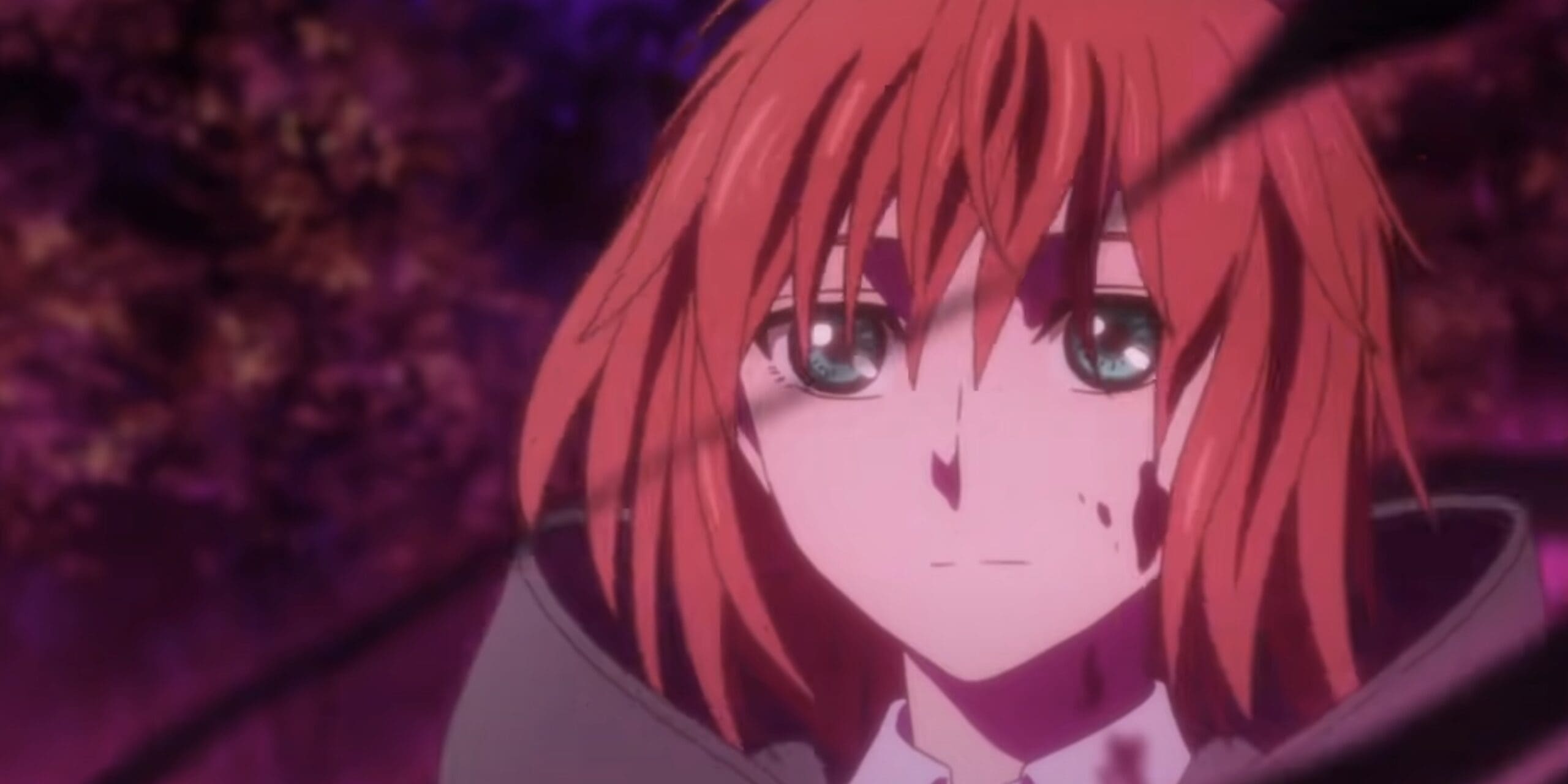
Last November, Kyoto resident Fukuta Kishimoto was arrested
after making online posts threatening to brutally murder the actress. The graphic threats were posted brazenly on a public forum for all to see.
While most fans’ devotion manifests in positive ways, this incident represents an extreme violation, with toxic elements preying upon others’ passion for their own agendas.
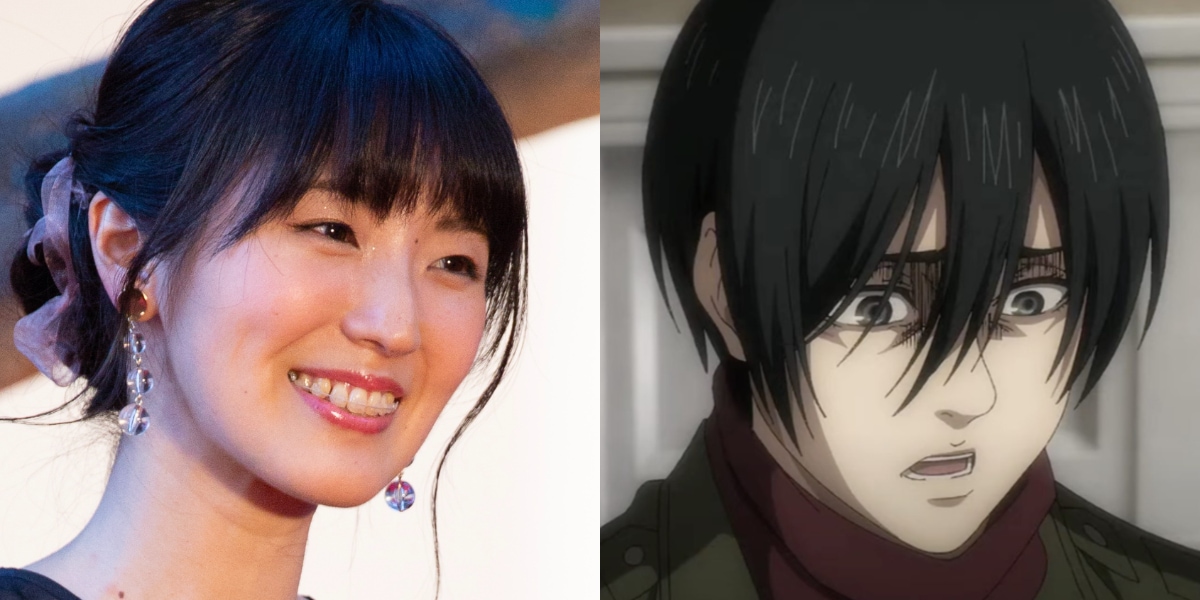
When fictional worlds begin inspiring real harm against real people, the line between fantasy and reality becomes dangerously blurred.
Veteran anime creator Yoshiyuki Tomino recently predicted the anime industry’s current boom may wane over time if the focus shifts too far toward profits over creative integrity.
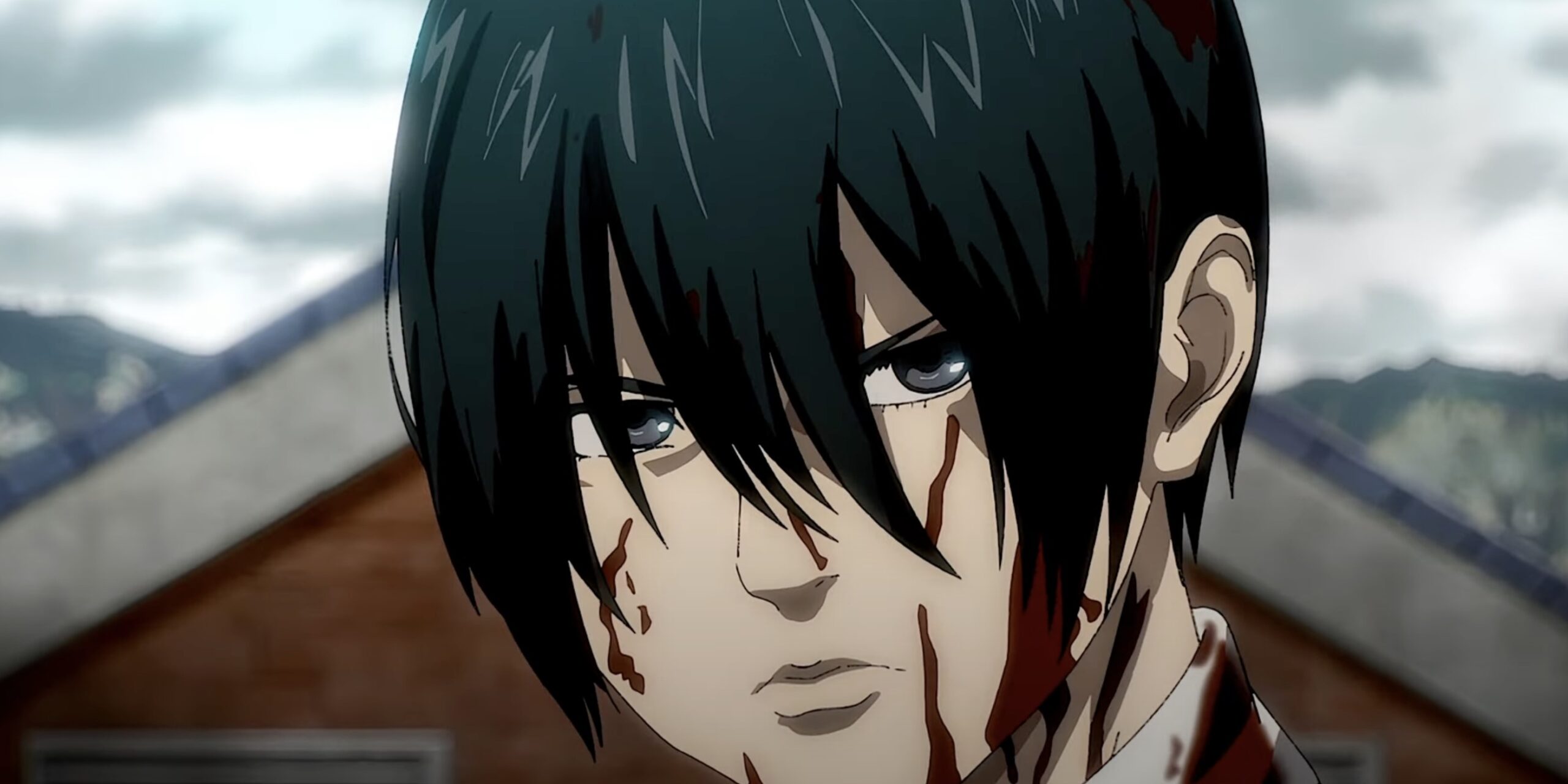
Incidents of obsessed fans threatening violence support concern that parts of anime culture risk declining into worrisome sensationalism and loss of ethical grounding.
More About Yoshiyuki Tomino
Reflecting on the animation industry’s shift from hand-drawn to digital production methods, Tomino made comparisons to Disney’s output.
He stated that after Disney transitioned to computer animation, their subsequent works often left him wondering, “What?”. Tomino suggested anime may see a similar decline in quality as new technologies fully take over.
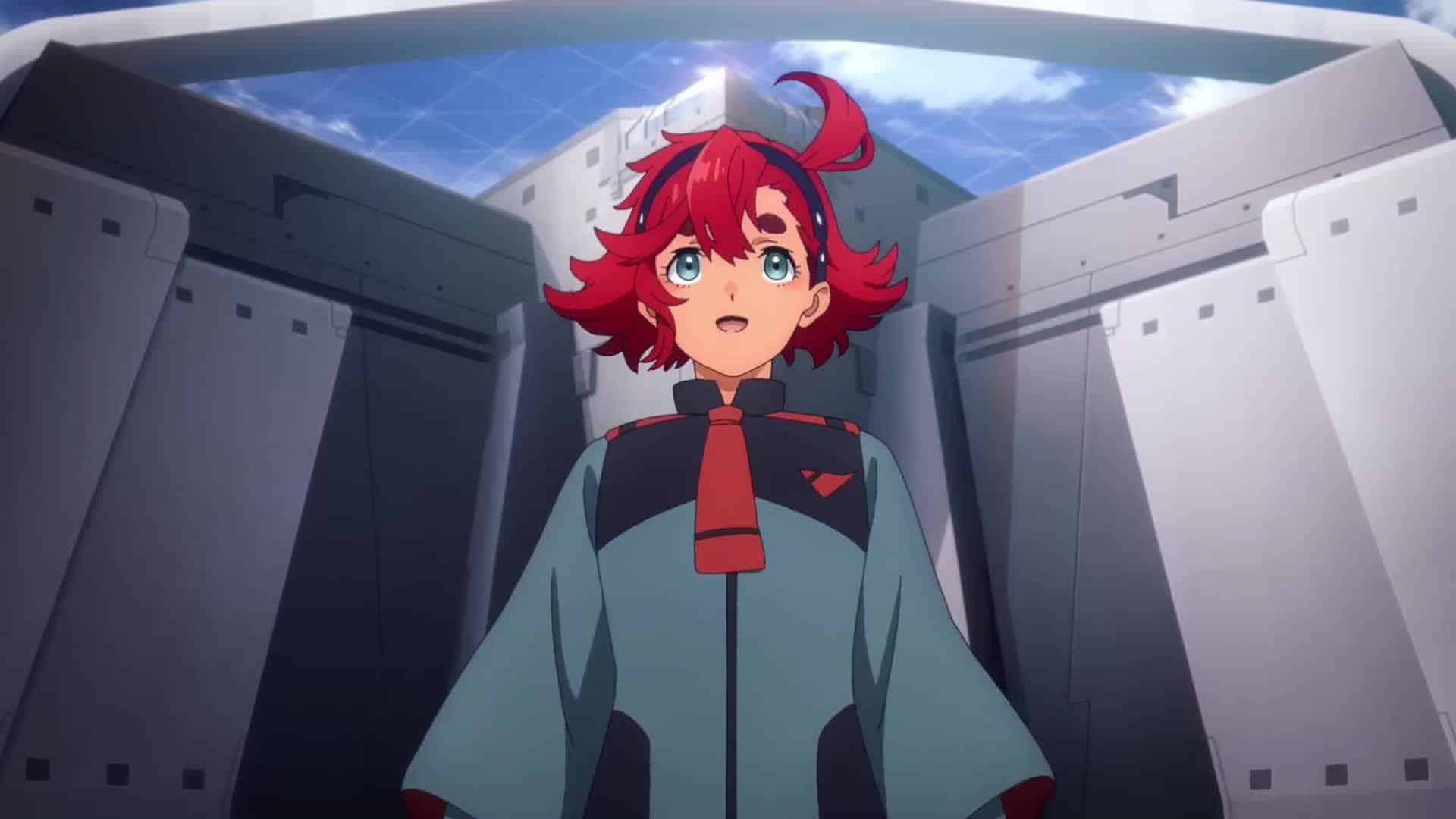
However, Tomino predicted legendary director Hayao Miyazaki’s animated works would continue to be seen as timeless classics regardless of changes in the industry.
As the creator of the iconic Gundam franchise which launched in 1979, Tomino’s perspective carries significant weight despite his self-deprecating manner.
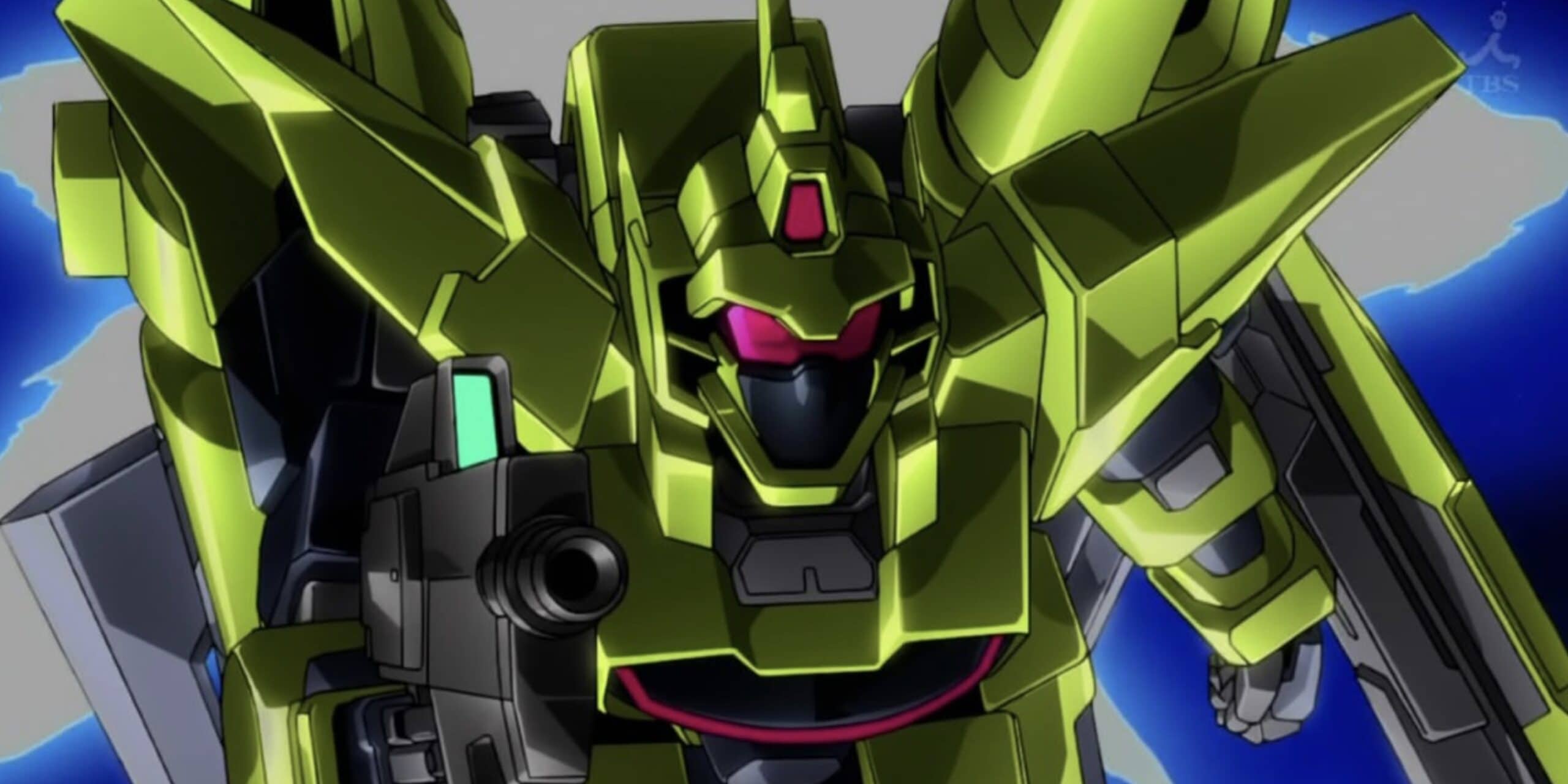
Born in 1941 in Odawara, Kanagawa Prefecture, Tomino has directed multiple landmark anime series and films since debuting with Gundam over 40 years ago.
His diverse credits include directing Zeta Gundam, Gundam ZZ, Char’s Counterattack, Gundam F91, Victory Gundam, Turn A Gundam, Muteki Kojin Daitarn 3, Space Runaway Ideon, Aura Battler Dunbine, and Gundam: Reconguista in G.
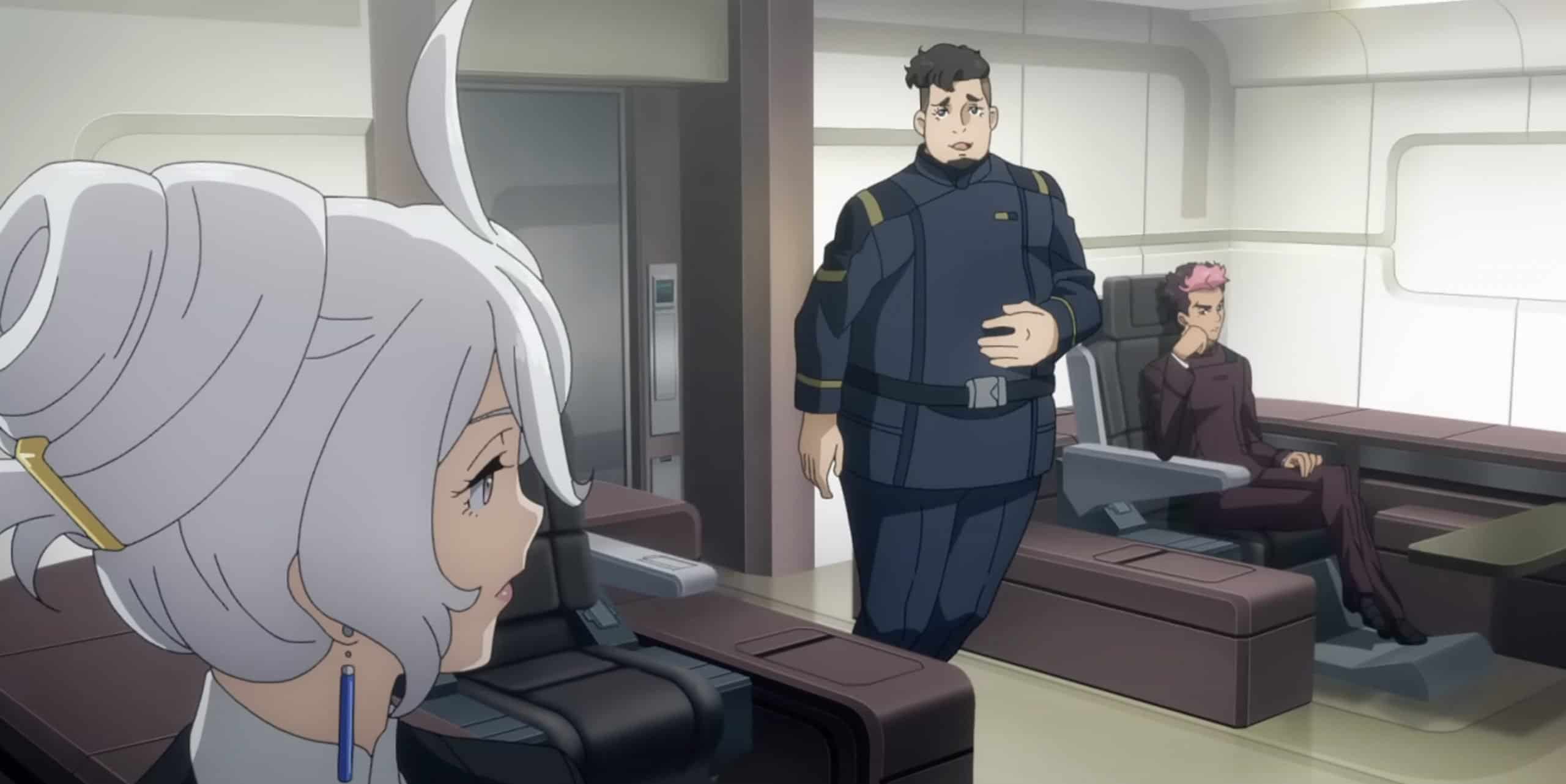
With such an extensive resume spanning anime’s entire modern era, Tomino’s insights represent a profound lifelong immersion in the art form.
While hopeful about maintaining creative integrity, he expressed some concern over sacrificing quality in favor of efficiency with today’s emerging technologies.


